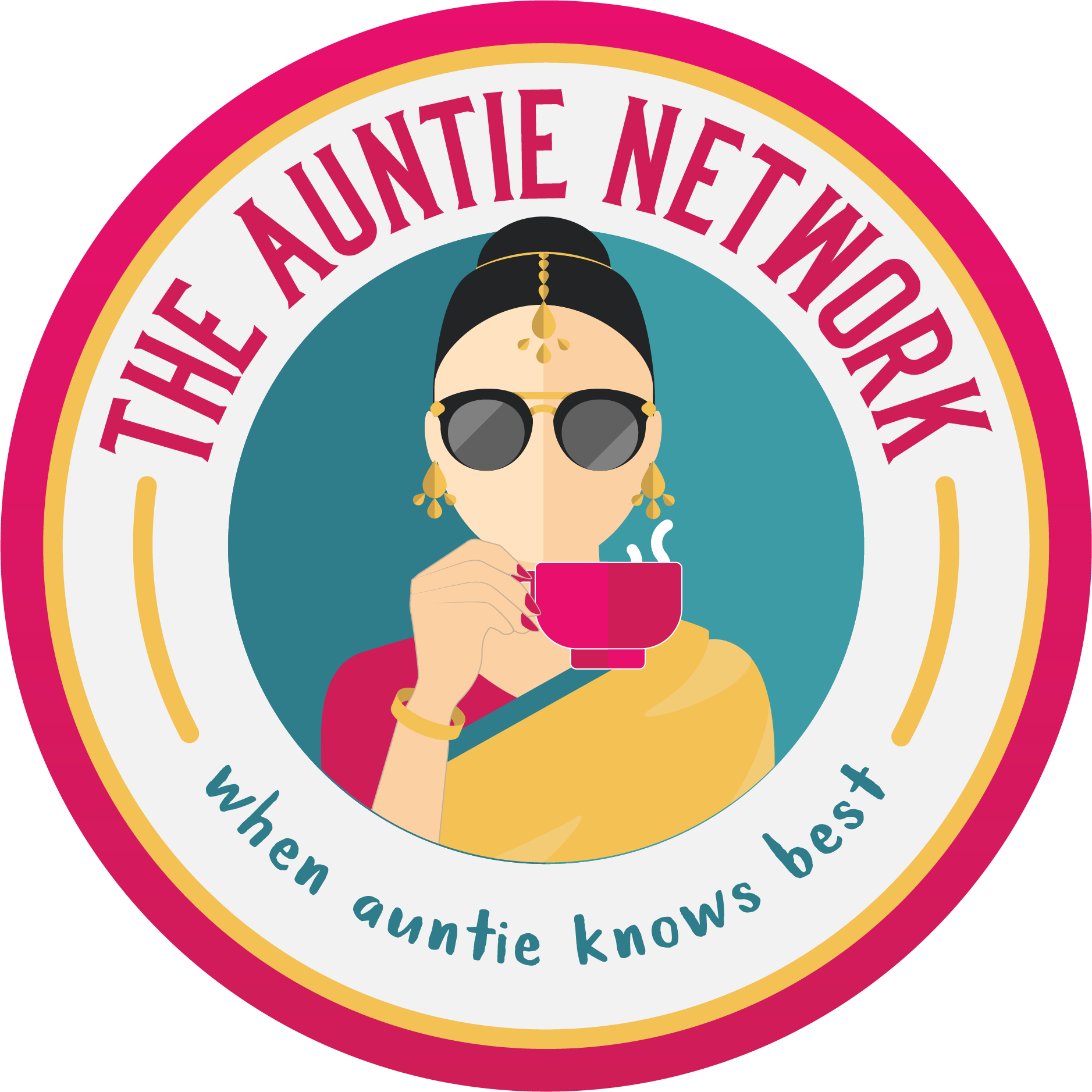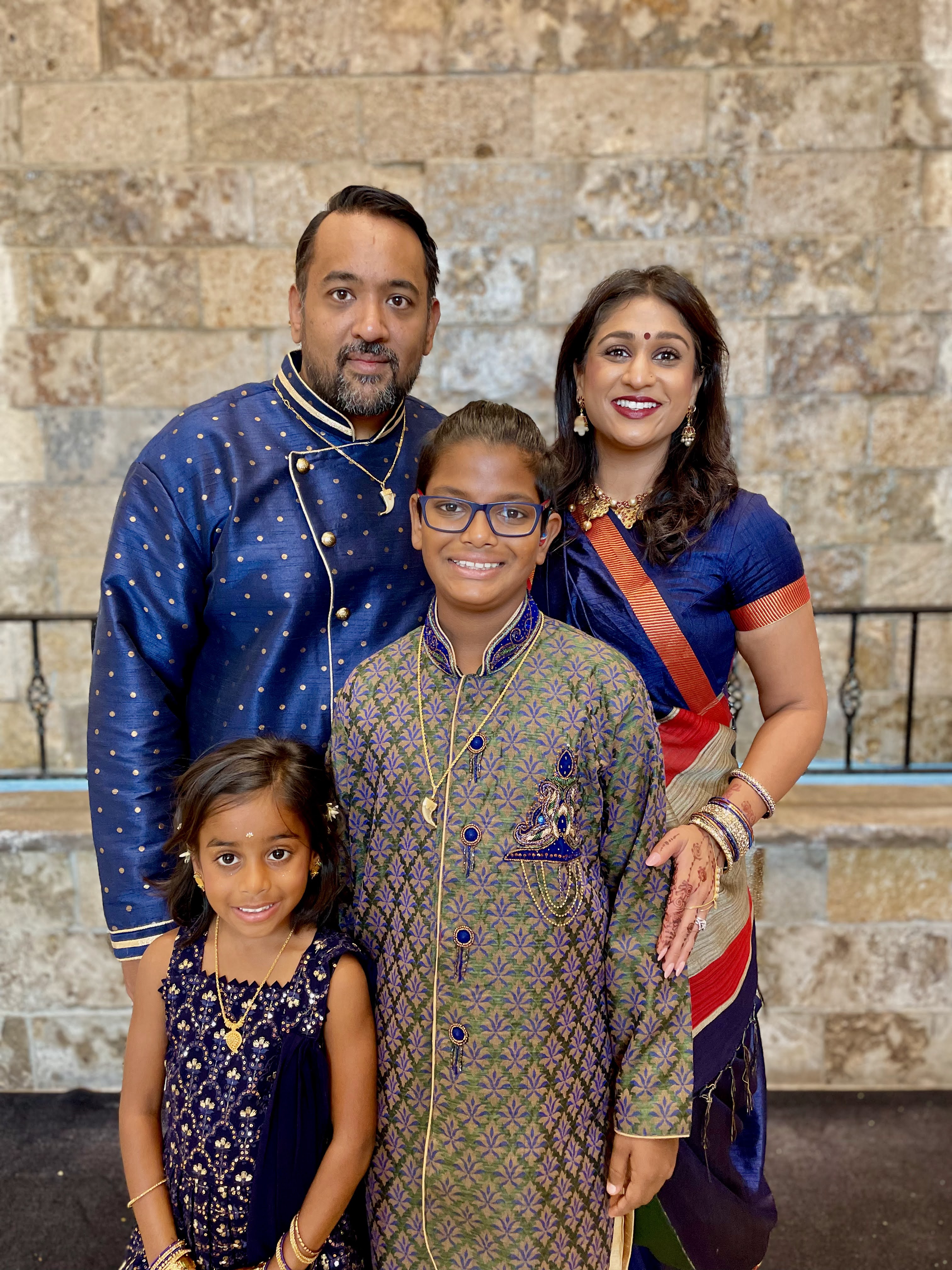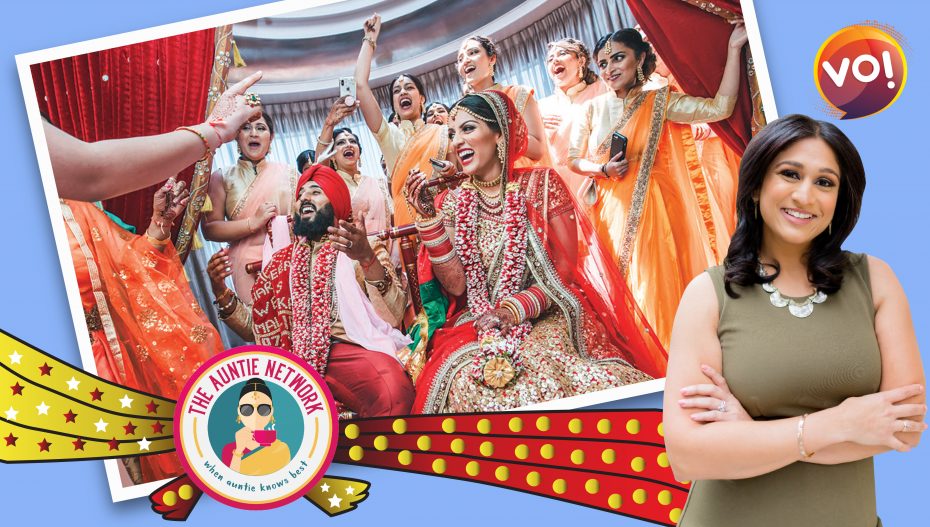For second-generation Indian-American Radha Patel, matchmaking was part by choice and partly in her genes. Her parents hail from Nadiad in Gujarat. A ben at heart, she realised her skills with social networking and presto! The Auntie Network came into being.
This tech-driven, dating service caters to South Asian singles and families alike. This online matchmaking portal in North America facilitates dating and ultimately, the marriage process for the singles.

“For decades, the Seema Aunties (Indian Matchmaking on Netflix) of the world have leveraged their networks to introduce single men and women to prospective life partners. Now, imagine if we could ALL harness the power of our inner Aunties and had access to a network of singles all over North America, and eventually from the diaspora around the world,” shared Patel, founder and CEO, “The Auntie Network.” A mother of two, she firmly believes that Gen Z Indians are lonely at heart and can do with some guidance where it comes to a compatible match.

As she puts it: “Even in this age of live-in-relationships, there is hope. At their core, these are lonely people looking for companionship. Indian families tend to be overbearing where it comes matrimony. If these kids get a wider choice, maybe they would look at the whole thing with a broader viewpoint.”

The platform aims to provide a safe, secure, sophisticated village for Indian singles who don’t cringe at the thought of a digitally-arranged marriage. “The confluence of modern and traditional is the most beautiful and the most challenging part of our platform.” adds Patel.

Garba, khakhra and family bonding
Knowing Gujjus, she shares how one strange request is encountered time and again. “An American groom or bride who loves garba is one of the prerequisites. Another is, chai-nashto. We love our morning and evening snacks such as khakhra, thepla, chai. It is interesting how when it comes to matrimony, cultural practices are cross-checked,” she shares.
Evolving concept of Bio-Data
The criteria for check-boxes seem to have changed. Instead of caste, colour, height or weight, families and especially youngsters are looking at hobbies, interests, political opinions and/or sense of humour. “This is a welcome change and also reflects progressive mindset of the families. The couples are asking more serious questions upfront. Instead of bank balance, caste and creed, families are looking at the value system of the prospective match,” she lists the trend.

Equality in Marriage :
“Young women here are looking at equals. They want a groom who shares the workload at home, who can cook and can take care of the child. Having said that, like in Gujarat, in some cases, patriarchy still exists and some women knowingly compromise,” concludes Patel.
Also Read: Second Innings Of Love: 200 Seniors Register At Matrimonial Event In Surat













